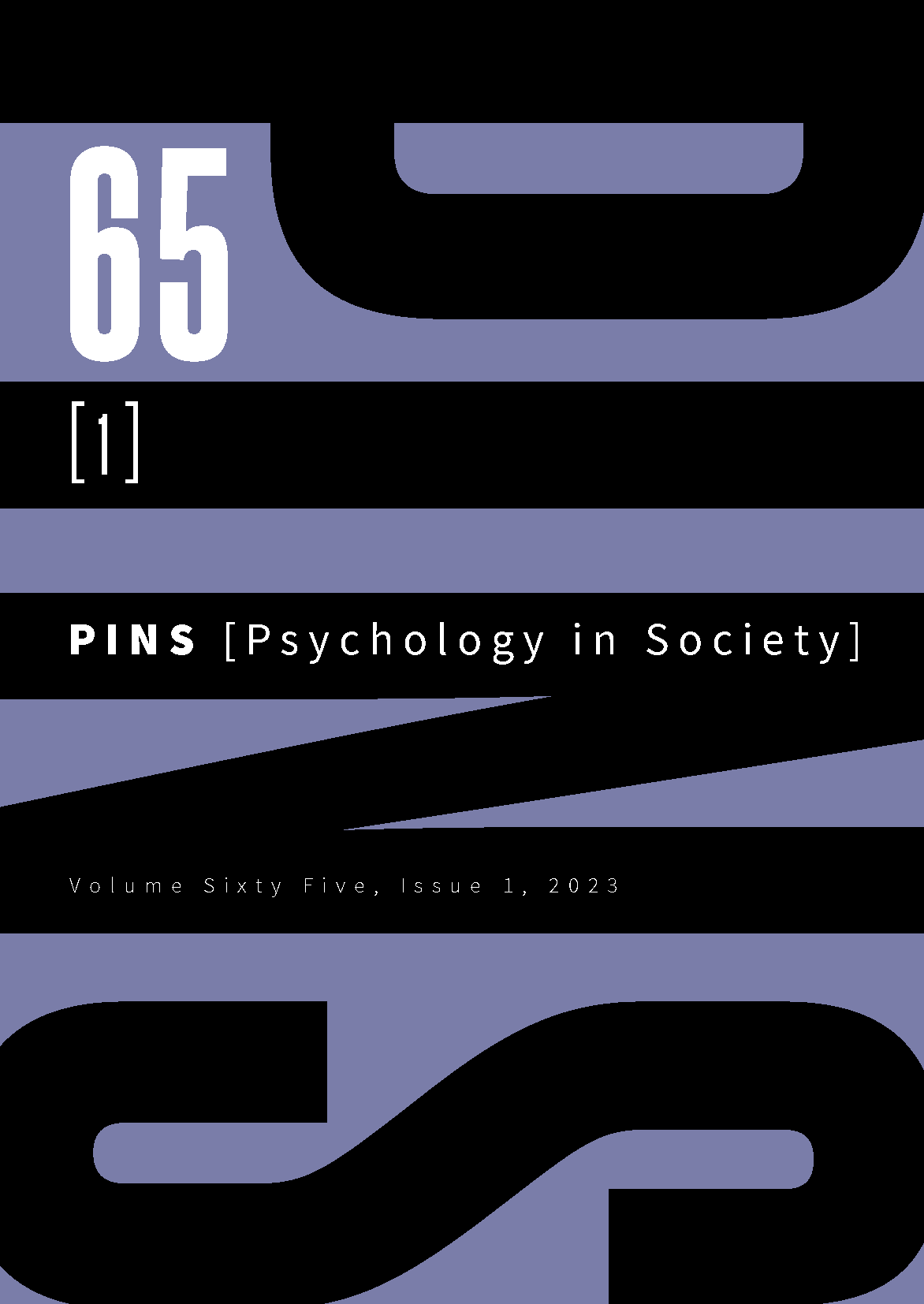Reflexivity on medicalisation of the mind and the biomedical invasion on being human
DOI:
https://doi.org/10.57157/pins2023vol65iss1a5817Keywords:
assessment, clinical psychology training, diagnosis, treatmentAbstract
Clinical psychology practice is characterised by three core functions; assessment, diagnosis, and treatment. We challenge the biomedical imperative in clinical psychology through our shared personal experiences in training as clinical psychologists in South Africa. We pose that the training of clinical psychologists historically was and continues to be focused through a biomedical lens. Alluding to the perennial debate on the relevance of psychology and current arguments around the contemporary relevance of clinical psychologists’ training; we propose clinical-community psychology as the main way forward for psychology practice in South Africa. Our position is that in South Africa, clinical psychology training and services should be appropriate and equitable in response to the needs of individuals and communities. We highlight the lack of contextual relevance that has been perpetuated in most of the clinical psychology training programmes. This misplaced historical legacy does not serve the people within the South African context. Current and future clinical psychology training should be re-aligned toward the service of members of the South African communities and settings.
Downloads
Downloads
Published
How to Cite
Issue
Section
License
This journal is an open access journal, and the authors' and journal should be properly acknowledged, when works are cited.
Authors may use the publishers version for teaching purposes, in books, theses, dissertations, conferences and conference papers.
A copy of the authors’ publishers version may also be hosted on the following websites:
- Non-commercial personal homepage or blog.
- Institutional webpage.
- Authors Institutional Repository.
The following notice should accompany such a posting on the website: “This is an electronic version of an article published in PINS, Volume XXX, number XXX, pages XXX–XXX”, DOI. Authors should also supply a hyperlink to the original paper or indicate where the original paper (http://www.journals.ac.za/index.php/pins) may be found.
Authors publishers version, affiliated with the Stellenbosch University will be automatically deposited in the University’s’ Institutional Repository SUNScholar.
Articles as a whole, may not be re-published with another journal.
The copyright of the article(s) lies with the author(s).
The copyright of the journal lies with PINS-psychology in Society.
The following license applies:
Attribution CC BY-NC-ND 4.0 - https://creativecommons.org/licenses/by-nc-nd/4.0/

